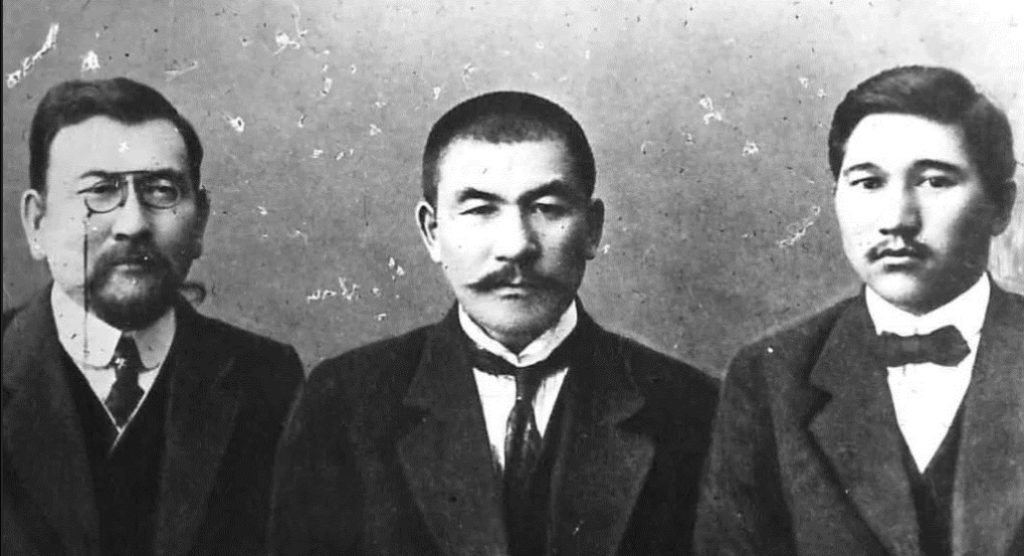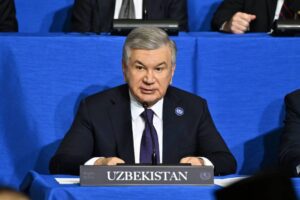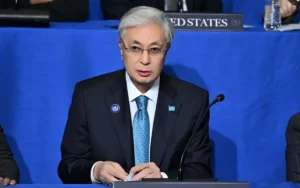Echo of Alash-Orda in XXI Century: Influence and Connection with Modernity

The founders of the “Alash” movement: A.Baitursynov, A.Bokeikhanov, M.Dulatov
Today in Kazakhstan, one can observe a growing interest in the representatives of the 20th century intelligentsia (intellectual society), namely, in the figures of the government of Alash-Orda (“Alashordians”). They were the organizers of the cognominal autonomy, formed in 1917 in Semey and existed until 1920, being disbanded by the Soviet authorities. Later, most of the leaders of Alash-Orda have faced reprisals.
The decision to create the Alash national liberation movement was made in July 1917 at the First All-Kazakh Congress in Orenburg. The main goal of Alash was the restoration of Kazakh statehood. The authors of the party program were state and political figure Alikhan Bokeikhanov (leader of the Alash party), educator and linguist Akhmet Baitursynov, writer and poet Mirzhakyp Dulatov.
Parallels with the present time
The desire for self-determination is a quest for identity in the 21st century
One of the key values and ideas of the Alash-Orda figures was the right to self-determination of the steppe Kazakhs in the 20th century. In the context of an independent state, the right to one’s own national identity is constitutional. Nevertheless, for today’s youth, brought up in post-Soviet families, and after having caught the wave of globalization, today it is important to form their own cultural code outside the state agenda and ideology.
It can be assumed that the interest in the biography and agenda of the Alashordians is nothing more than a desire to look for their national heroes. It is quite possible that today’s youth is less and less willing to associate themselves with the Soviet past and needs a relevant national agenda suitable for today.
At this stage, value systems are being transformed, and representatives of the new generation are not afraid to write about the manufactured famine, repressions, and political prisoners. There is a certain demand for the revival of one’s own history through the prism of the same Alashordians, but in accordance with modern expectations and values.
Education as the main value of enlightening the people
As it is known, the leaders of the Alash-Orda were educated in Tsarist Russia, some at that time even had the opportunity to receive a European education. In addition to Kazakh and Russian, representatives of the intelligentsia of Alash-Orda spoke Arabic, French, German, and other foreign languages. Education was the goal of such Alash-Orda figures as Baitursynov, Zhumabaev or Dulatov as a key to improve the quality of life in society.
Alashordians as graduates of St. Petersburg, Imperial Kazan universities are compared with graduates of the Bolashak program. Here, to some extent, there is a post-colonial context, which, despite the goals to promote the national idea, Alashordians were a kind of natives of colonial educational institutions, they were “colonial intellectuals”.
Despite the potential controversy in the post-colonial aspect, the parallel can be drawn not with certain graduates of foreign programs, but with education as a tool for enlightenment and social development. For example, the need for knowledge of the English language, the desire of citizens to receive a quality education, and in general, the growth in demand for higher education may reflect the influence of the values and ideas of Alashordians of the last century on today.


